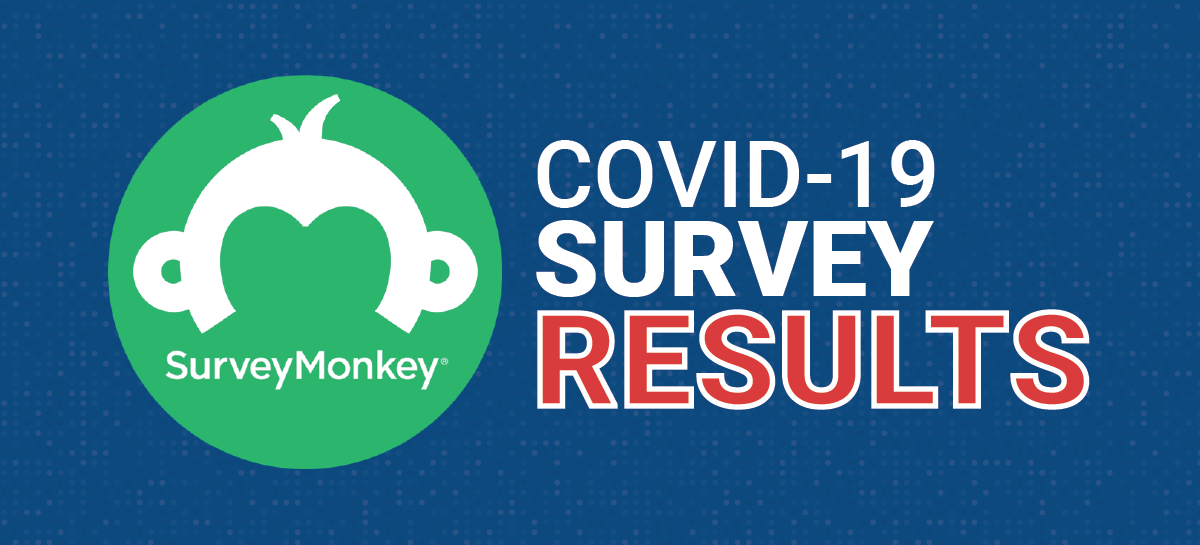
In early September, we closed a confidential COVID-19 survey of businesses from around the country. Thanks to everyone who took the time to submit their responses. The survey included the following 6 questions:
- Are you requiring your employees to wear a mask when they are working at a company facility?
- Are you requiring your employees to be vaccinated?
- Are you tracking if your employees have been vaccinated?
- What percentage of your office staff is work-from-home (WFH)?
- Which group do you find more productive: work-from-home (WFH) or in-office employees?
- Compared to pre-pandemic, do you anticipate long-term changes to your work-from-home (WFH) headcount?
Click the following link or scroll through the images below to view a summary of the survey results:








